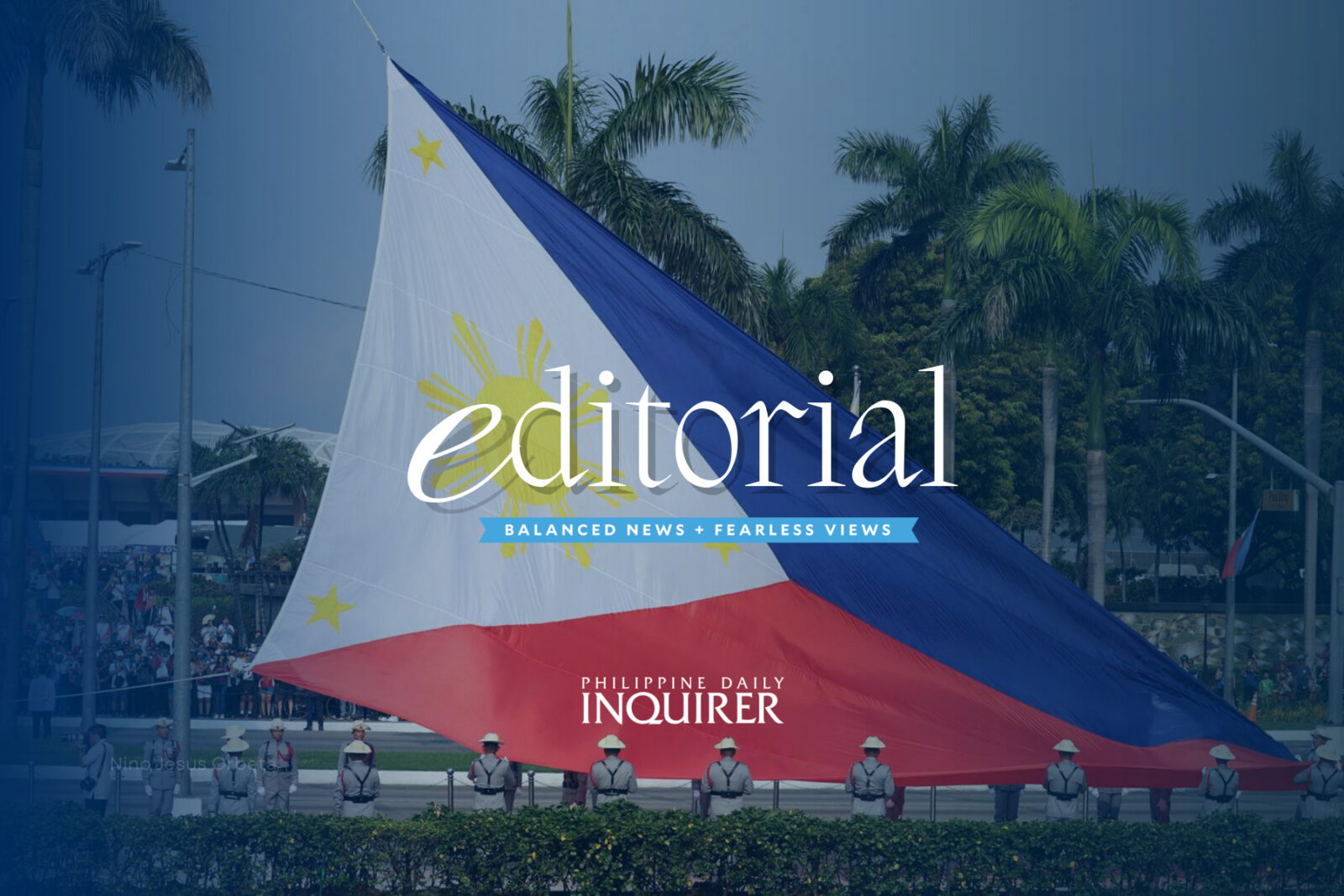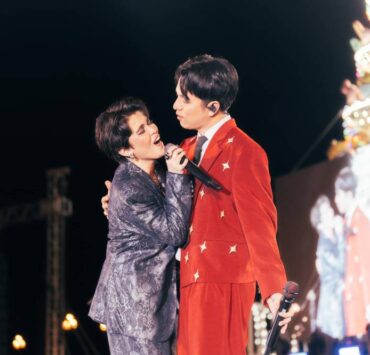The only unity that counts

Buoyed by deceptively optimistic surveys, the government expected the 2025 midterm elections to be a showcase of its strength. Instead, they became a portent of its vulnerability. Now, President Marcos’ administration faces the humiliating prospect of being a lame duck three years too early.
How did it come to this?
With five Senate seats secured by Marcos-backed candidates, matched toe to toe by the five obtained by allies of Vice President Sara Duterte, the balance of power in the legislative and executive branches teeters on the verge of collapse.
The business community, ever allergic to uncertainty, is naturally rattled by the highly polarized electoral outcome. The results had revealed a weakened mandate for Mr. Marcos, whose Alyansa coalition fell short of winning a majority of the 12 Senate seats up for grabs. On the other hand, a resurgence of both the Duterte and liberal opposition blocs revived fears that critical fiscal reforms would again capitulate to partisan wheeling and dealing.
Reduced political capital
Unless lawmakers and the Palace set a clear timetable for both the Senate trial and the passage of long-delayed fiscal bills, the Philippines is headed for both a political and economic crisis. “A strong win by the opposition in the midterms likely puts unpopular government reforms on the back burner for the remainder of the term,” Nomura said in a postelection commentary.
It cited the Marcos administration’s reduced political capital, describing the resulting Senate realignment as “unfavorable for the Palace’s legislative priorities.”
Enunina Mangio, president of the Philippine Chamber of Commerce and Industry (PCCI), the country’s largest business organization, identified five reforms that should take priority in the 20th Congress, among them the Magna Carta for micro, small, and medium enterprises, and the creation of an International Maritime Trade Competitiveness framework.
The PCCI official also sought amendments to the charters of the Philippine Ports Authority and the Civil Aviation Authority of the Philippines to separate their oversight and developmental functions, as well as the proposed National Quality Infrastructure Act, and the rationalization of the country’s mining fiscal regime.
Political drama on the calendar
Yet such measures are in danger of being stuck in congressional inertia.
Meanwhile, the country’s budget deficit soared to P375.7 billion in March, up 91.78 percent from 2024, as revenue collection lagged behind expenditures. Last month, Nomura cut its 2025 growth forecast for the Philippine economy to 5.9 percent from 6 percent.
Instead of reasserting control of the policy agenda, the administration seems poised to allow political drama to dominate the calendar. The trial of the Vice President, set to begin later this year, is already shaping up to be a drawn-out spectacle with a foregone conclusion.
It did not help that Mr. Marcos’ coalition produced unsatisfactory results at the midterms, considered by analysts as a referendum on the incumbent. For her part, Duterte is busy consolidating her base ahead of the 2028 general elections, while the Liberal-led opposition has scored two Senate seats, heralding the return of what was once thought to be a spent force.
President’s path forward
In his postelection message, the President called for unity, invoking his late father’s words: “If we are to attain our goals, we must march forward, not to the past but to the future. And we must do this as one family, a nation united.”
But such rhetoric is empty without reform, and, more so, ironic coming from half of the ill-fated “UniTeam.”
Make no mistake: Duterte must be made to answer for her alleged fund misuse and other transgressions. But the executive branch must not get dragged in political theater, nor should Congress allow itself to devolve into a partisan battlefield. Both institutions must conduct themselves with restraint and professionalism in this vital accountability process.
In the second half of his term, it’s imperative that the President take the road less traveled in Philippine politics: eschewing grandstanding for true leadership. The nation cannot afford to let essential work grind to a halt. Lawmakers and policymakers must work together toward fiscal consolidation, job creation, food security, and inclusive growth. That is the only unity that counts.
To avoid a premature descent to lame-duck status, Mr. Marcos must understand that his path forward lies not in a protracted power struggle with his constitutional successor. It lies in doing the tough, often unpopular work of governance. The people won’t accept another three years of economic solutions falling hostage to politics.

















